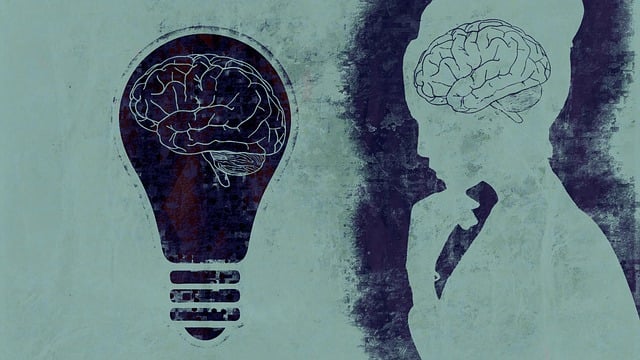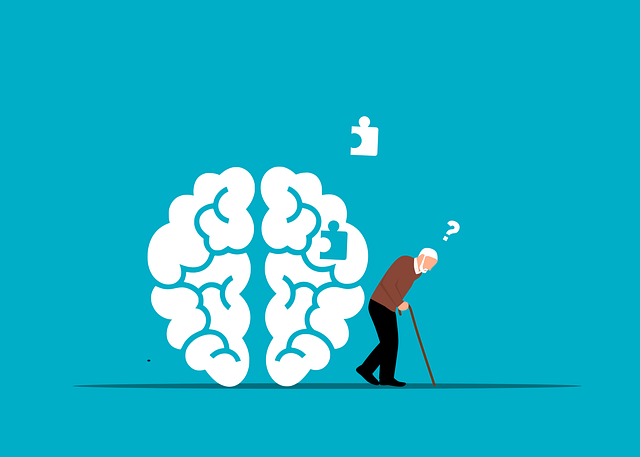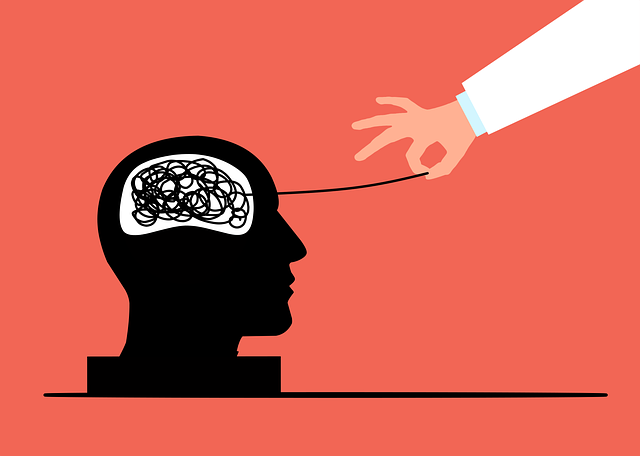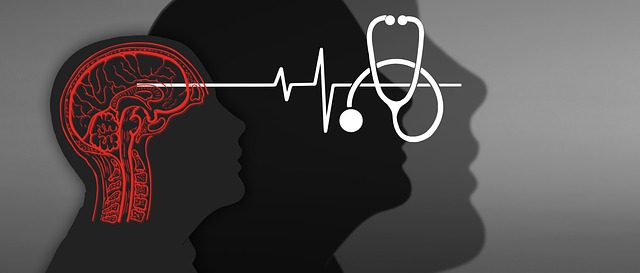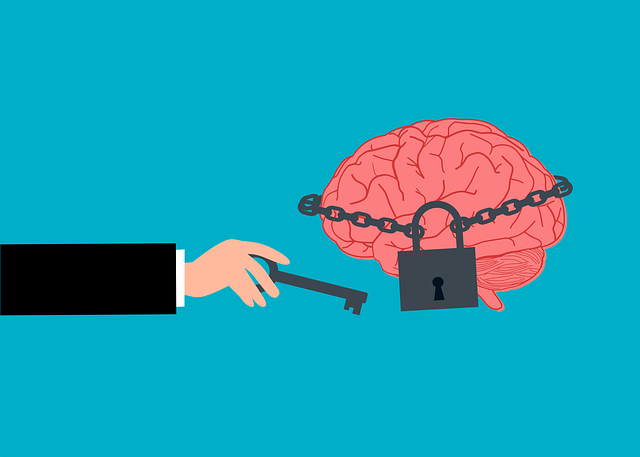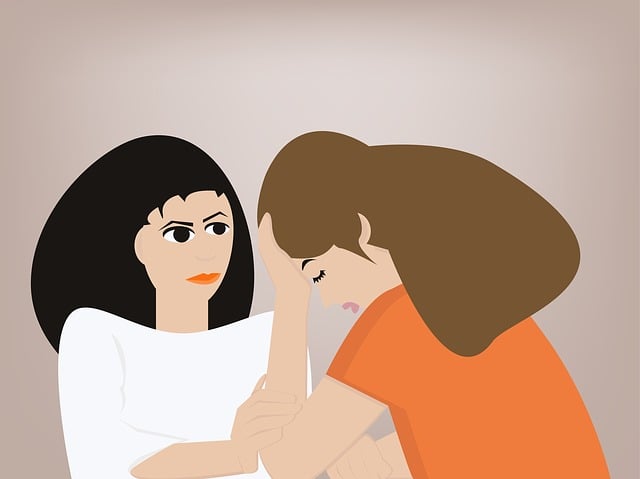Mental Health Crisis Hotlines, like Littleton Mindfulness Therapy's dedicated service, offer 24/7 confidential support for emotional distress and psychiatric emergencies. Trained professionals de-escalate situations, connect callers to resources, and aid in risk management planning. This holistic approach combines mindfulness meditation with cultural sensitivity, empowering individuals from diverse backgrounds with lifelong tools for stress, anxiety, and depression management through present-moment focus. Success depends on staff training and resource allocation, including active listening, empathy cultivation, conflict management, and cultural competency, along with self-reflection exercises for long-term personal growth.
“Mental health crisis hotline support services play a pivotal role in offering immediate assistance during emergencies. This article explores the significance of these helplines, with a special focus on Littleton Mindfulness Therapy’s contribution. We’ll delve into understanding crisis hotlines, their function as a safety net, and how services like Littleton provide expert guidance.
Additionally, we’ll discuss effective access strategies and the essential training behind the scenes that empowers support staff to handle sensitive situations with care and proficiency.”
- Understanding Mental Health Crisis Hotlines
- The Role of Littleton Mindfulness Therapy
- Accessing and Utilizing These Services Effectively
- Behind the Scenes: Training and Resources for Support Staff
Understanding Mental Health Crisis Hotlines

Mental Health Crisis Hotlines serve as vital safety nets for individuals grappling with intense emotional distress or psychiatric emergencies. These 24/7 services provide immediate support, offering a confidential space to express concerns and receive guidance. Trained professionals on the other end of the line can assist in de-escalating situations, offer crisis intervention techniques, and connect callers to suitable resources, including Littleton Mindfulness Therapy for specialized care.
For mental health professionals, these hotlines play a crucial role in risk management planning by providing a support system for their clients during times of acute need. By promoting inner strength development and empowering individuals with coping strategies, they contribute to depression prevention and overall well-being. This proactive approach ensures that help is readily available when it matters most.
The Role of Littleton Mindfulness Therapy

Littleton Mindfulness Therapy plays a pivotal role in addressing mental health crises by offering a unique and effective approach to emotional healing processes. This therapy integrates mindfulness meditation techniques, fostering a deep sense of calm and self-awareness among individuals grappling with various mental health challenges. By focusing on the present moment, clients learn to manage stress, anxiety, and depression, thereby reducing the intensity of their crisis.
The Cultural Sensitivity in Mental Healthcare Practice is another notable aspect of Littleton Mindfulness Therapy. Therapists are trained to understand and respect diverse cultural backgrounds, ensuring that treatment methods are tailored to each individual’s unique needs. This inclusive approach promotes open communication and builds trust, making therapy accessible and effective for people from all walks of life. Through these holistic practices, Littleton Mindfulness Therapy not only provides immediate crisis support but also empowers individuals with lifelong tools for maintaining mental well-being.
Accessing and Utilizing These Services Effectively

Accessing and utilizing mental health crisis hotline support services effectively requires a clear understanding of available resources. For those seeking guidance, Littleton Mindfulness Therapy offers a dedicated line for individuals in distress. This service is designed to provide immediate assistance and connect callers with trained professionals who can offer strategies for coping with various issues, from acute crises to ongoing struggles with depression prevention.
By engaging these hotline services, individuals initiate the emotional healing processes necessary for recovery. Trained counselors are equipped to listen empathically and guide users through crisis intervention techniques. Moreover, they can direct callers toward appropriate local resources or refer them to specialized treatment centers if needed. Effective utilization involves being honest about one’s feelings, providing relevant details, and actively participating in the conversation to ensure the best possible support within the confines of a brief interaction.
Behind the Scenes: Training and Resources for Support Staff

The effectiveness of a mental health crisis hotline greatly relies on the training and resources provided to its support staff. At Littleton Mindfulness Therapy, for instance, we prioritize equipping our team with comprehensive knowledge and skills. This includes in-depth training in various aspects such as active listening, empathy building, and conflict resolution techniques. Staff members are also guided on how to navigate sensitive conversations while ensuring a safe and non-judgmental space for individuals seeking help.
Beyond the technical skills, we emphasize cultural competency training to enhance support staff’s ability to assist a diverse range of callers. This involves understanding and respecting different backgrounds, beliefs, and experiences. Additionally, we provide resources like Mental Wellness Journaling Exercise Guidance to empower individuals with tools for self-reflection and personal growth. Such holistic approaches ensure that our hotline delivers not just immediate assistance but also long-lasting benefits.
Mental health crisis hotline support services, such as those offered by Littleton Mindfulness Therapy, play a pivotal role in providing immediate assistance during times of distress. By effectively accessing and utilizing these resources, individuals can receive the necessary help to navigate through challenging situations. Behind the scenes, rigorous training and comprehensive resources equip support staff to offer empathetic and professional guidance. Remember that, in moments of crisis, these hotlines serve as lifelines, offering a safe space for those in need to find solace and start their journey towards recovery.

